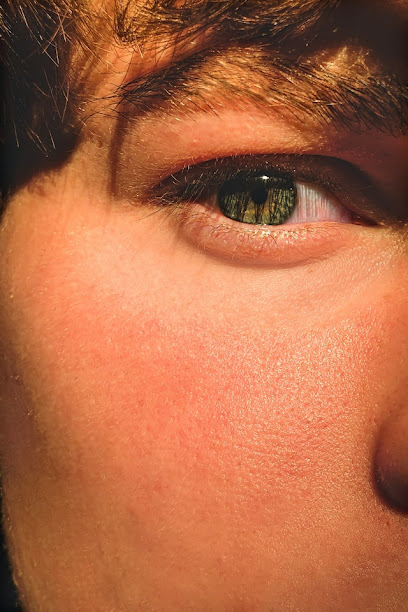Posts
Showing posts with the label treatment
Can Atopic Dermatitis Be Cured? Myths and Truths
- Get link
- X
- Other Apps

Can Atopic Dermatitis Be Cured? Myths and Truths Millions of people around the world suffer from the chronic skin condition atopic dermatitis, also known as eczema. Although the disease is common, many people have false beliefs about it. This article will discuss atopic dermatitis, dispelling common myths and providing a thorough overview of the condition. Understanding Atopic Dermatitis Atopic dermatitis is characterized by dryness, itchiness, and redness of the skin due to inflammation. The condition is more common in kids, but it can also affect grownups. Asthma and hay fever are two atopic conditions that frequently occur together with eczema. Atopic dermatitis is thought to be caused by both genetic and environmental factors, though the exact relationship between the two is unclear. People with atopic dermatitis often have more sensitive skin that is easily irritated. Skin can become dry, itchy, and red due to this sensitivity when exposed to soap, fragrances, and stress. Atop...
The Best Medications for ADHD: What Works and What Doesn't
- Get link
- X
- Other Apps

The Best Medications for ADHD: What Works and What Doesn't Millions of people around the world suffer from attention deficit hyperactivity disorder (ADHD), a neurodevelopmental disorder. Impulsivity, hyperactivity, inattention, and distractibility are all symptoms of the disorder. Medication is a popular method of treating attention deficit hyperactivity disorder (ADHD), and it has been shown to improve symptoms and overall functioning. In spite of this, sifting through the many options for ADHD medication can be overwhelming. This article will discuss the best medications for ADHD, including what they do and how they work. Types of medications for ADHD There are two main categories of medications used to treat ADHD: stimulants and non-stimulants. Stimulants Stimulants are the drugs that are most often given to treat ADHD, and they are often the first thing that is tried. They work by increasing the levels of neurotransmitters in the brain, such as dopamine and norepinephrine....
Understanding Attention Deficit/Hyperactivity Disorder (ADHD)
- Get link
- X
- Other Apps

Attention Deficit/Hyperactivity Disorder (ADHD) The disorder known as Attention Deficit/Hyperactivity Disorder (ADHD) affects millions of people of all ages. It is marked by impulsivity, hyperactivity, and lack of focus, all of which can get in the way of everyday life and cause problems at work, in relationships, and in school. Symptoms of ADHD The symptoms of ADHD can vary from person to person, but they usually include: Inattention: People with ADHD have trouble paying attention, forget things easily, and get distracted easily. They may also struggle with staying organized and completing tasks. Hyperactivity : People with ADHD may fidget a lot, talk excessively, and feel restless. They may also move around a lot, even when it's not appropriate. Impulsivity : People with ADHD may act without thinking, talk over other people, get angry easily, and take risks without thinking about what might happen. It's important to note that everyone experiences these symptoms fr...
Understanding Early-Onset Dementia: Symptoms and Causes
- Get link
- X
- Other Apps

Understanding Early-Onset Dementia: Symptoms and Causes Millions of people all over the world are afflicted by the devastating disease of dementia. It is characterized by a decline in mental capacity that makes it difficult to carry out daily tasks and may result in confusion, memory loss, and behavioral changes. Young-onset dementia, also referred to as early-onset dementia, is a type of dementia that affects individuals younger than 65. When people start to show signs of dementia, they may still be working and taking care of their families, which can be very hard for them. Symptoms of Early-Onset Dementia Early-onset dementia can show up in different ways for different people, but some common signs are: Memory loss: From minor forgetfulness to more serious memory loss that interferes with daily activities, this can occur. For example, someone with early-onset dementia might forget important dates, names, and places, or they might have trouble remembering new information....